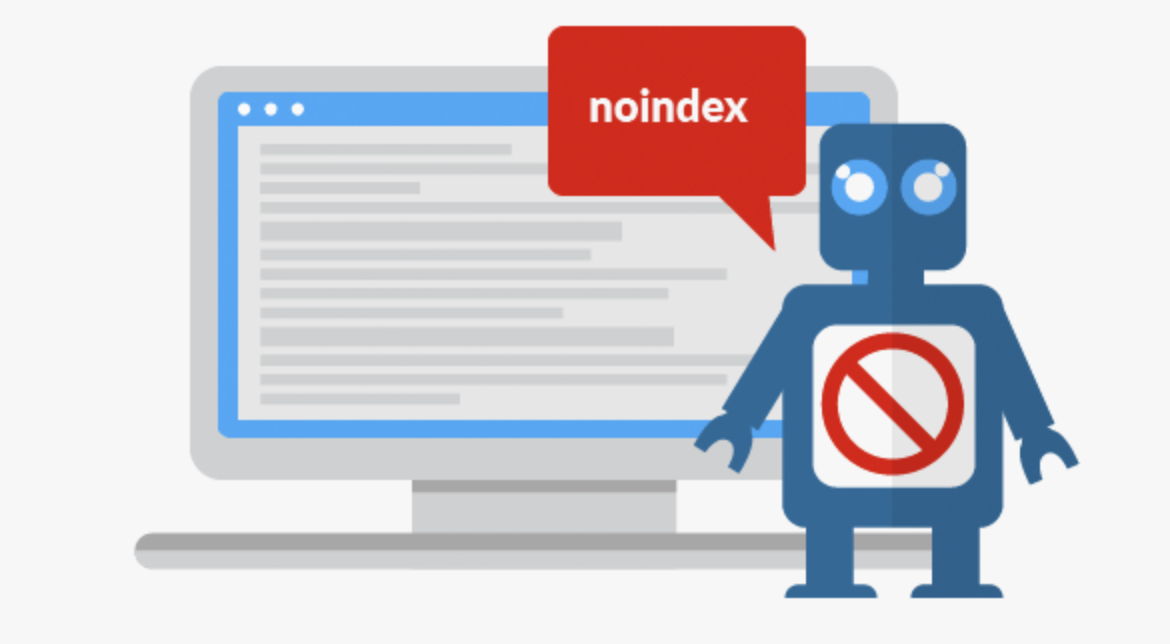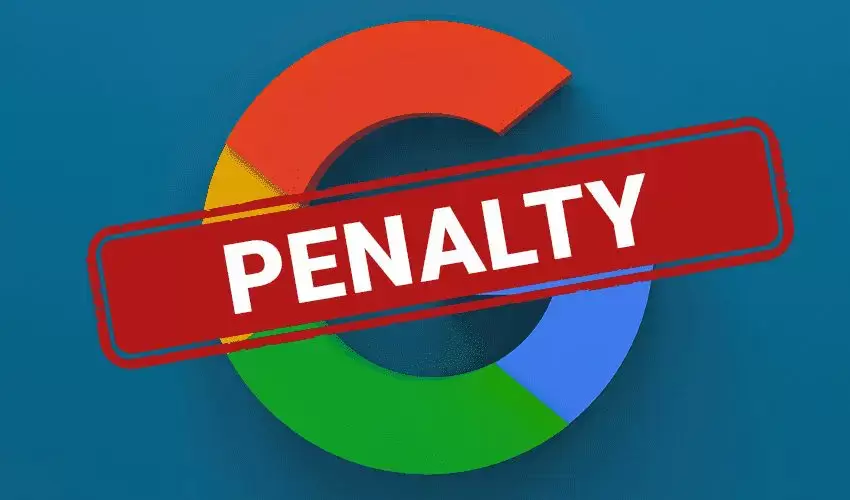8 reasons why a new website isn't ranking on Google1. Your website is still to newIf you have just launched a new website the simplest reason why it might not be showing in Google is because it takes time for Google to discover and index brand new sites. To see if Google has indexed your website connect the website to Google Search Console or search: site:yourwebsite.co.uk to see a list of indexed pages. If you don't see any results it means Google hasn't indexed the website yet. 2. Your website has 'No Index' tagsA 'no index' meta tag is HTML code that tells Google not to index the website or certain pages on the website. This can sometimes be left in place by developers working on the site, before it's ready to launch they should remove any 'no index' tags. This can be found in Google search console within the coverage report. 3. Other indexing issuescommon mistakes with new website indexing issues can be, duplicate content, incorrect re-directs, thin content (not enough words) and not being mobile-friendly. Google now works as a mobile-first search engine so if your website isn't responsive on mobile it may not be indexed at all. 4. You are in a competitive industryThe industry you work in could be highly competitive, for example for a new website to rank highly for, insurance, health care or SEO software it would take a huge amount of time and effort. Most of the websites on page 1 of Google are over 10 years old. Not to worry, new websites can still get to the top of Google, we just have to put in a little more effort to get the top rankings. 5. Your website has a Google penaltyFor genuine website owners a Google penalty will never be an issue but Google can and will de-index your website for things like, unnatural links to/from your site, spam, cloaking redirects, thin content, hidden text and keyword stuffing. 6. To much affiliate promotionIt is getting harder to rank affiliate websites, mainly because most of them are biased and make money from promoting products, this can lead to untruthful reviews which do not add much value to search results. 7. The website isn't optimisedIf SEO has not been thought about in depth with proper keyword research into the specific industry it will be hard to rank highly within that industry. Creating a well-designed, user friendly website is a great start and a nice base to start targeted SEO work. 8. Not using keywords in correct placesAfter in-depth keyword research has taken place the top picks need to be implemented throughout the content and in the correct areas of the website. An old SEO technique not to be used today is adding the main keyword too often, this will have negative results and will be seen as keyword stuffing which is bad. Do you need help with your SEO? Find out how Smart SEO Cornwall can help your business grow online! Other blogs you may like...Author: DeanFounder of Smart SEO Cornwall. I will be sharing some useful posts on SEO and how to grow your business in Cornwall. Connect with me here on LinkedIn.
0 Comments
Leave a Reply. |
AuthorHi, I'm Dean - Founder of Smart SEO Cornwall. I will be sharing some useful posts on SEO and how to grow your business in Cornwall. Connect with me here on LinkedIn. Blogs4 Google Tools you need!
Top 5 SEO Stats for 2024 Why isn't my website on Google? 5 Toxic backlinks to avoid! Why is Mobile-first SEO important? Supercharge your SEO with blogging. Common SEO mistakes 5 Ways to boost local SEO What is a Backlink? Do page speedInsights really matter? 10 Google Business Profile tips How to do SEO for free in 2024 Categories |
|
© Smart SEO Cornwall. Website by Pure Cornish Design
Address: Smart SEO Cornwall, Chapel Place, Sancreed Penzance, Cornwall TR20 8QR
|
We help businesses in Cornwall climb to the top of Google. |






















 RSS Feed
RSS Feed

